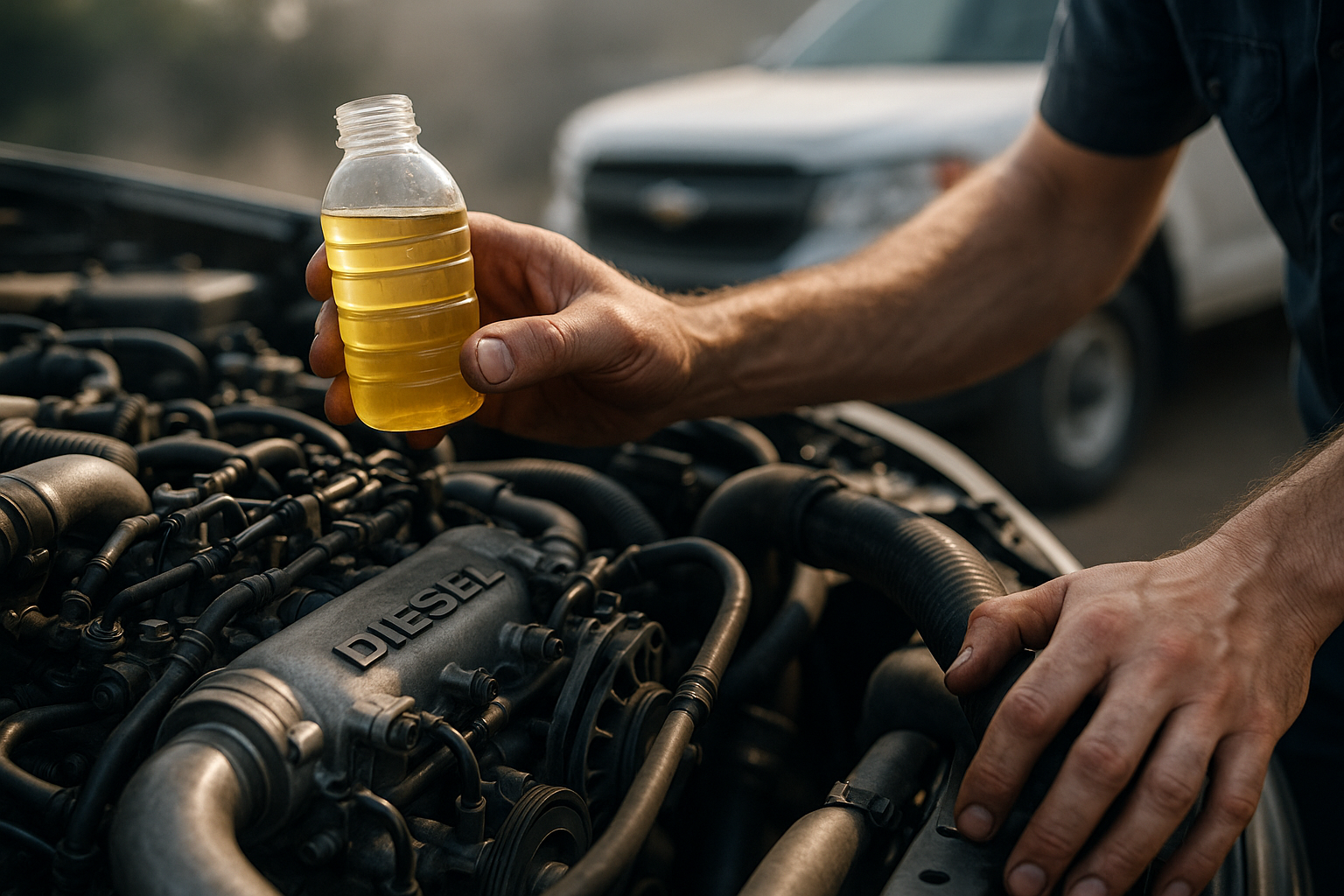Want a Car That Lasts Decades? Here’s What to Look For
Some cars are built to outlive trends — and even their first owners. If you're looking for a vehicle that can go the distance, this guide reveals what makes a car truly long-lasting. Learn which models stand the test of time and how proper maintenance can make all the difference.

What makes a car built to last?
When searching for a car that’s built to last, several factors come into play. First and foremost, the build quality and engineering of the vehicle are crucial. Cars with robust construction, high-quality materials, and well-designed mechanical systems tend to have a longer lifespan. Additionally, vehicles from manufacturers known for their reliability, such as Toyota, Honda, and Lexus, often have a track record of lasting longer than average.
Which car models are known for their longevity?
While individual experiences may vary, certain car models have gained a reputation for exceptional longevity. The Toyota Camry and Corolla, Honda Accord and Civic, and Lexus LS series are frequently cited as vehicles that can easily surpass 200,000 miles with proper care. In the truck category, the Toyota Tacoma and Tundra, as well as the Ford F-150, are known for their durability. These models have consistently demonstrated their ability to be driven for life, often outlasting their original owners.
How important is regular maintenance for a car’s lifespan?
Regular maintenance is absolutely critical when it comes to extending a car’s lifespan. Even the most well-built vehicle will deteriorate quickly if neglected. Following the manufacturer’s recommended maintenance schedule, which typically includes oil changes, tire rotations, and various system checks, is essential. Addressing small issues promptly before they become major problems can significantly increase a car’s longevity. Remember, longevity starts with the right car and the right care.
Can high mileage be a good sign when buying a used car?
Contrary to popular belief, high mileage isn’t always a red flag when shopping for a used car. In fact, a well-maintained high-mileage vehicle can sometimes be a better choice than a lower-mileage car that’s been neglected. When a car has been driven regularly and properly maintained, it often means that all systems are in good working order. As the saying goes, “mileage is just a number — if you choose right.” Look for documented service history and signs of consistent care rather than focusing solely on the odometer reading.
What should you look for when inspecting a potential long-lasting car?
When evaluating a used car for long-term reliability, pay attention to several key areas. Check for signs of regular maintenance, such as clean fluids and recently replaced parts. Look for any indications of major repairs or accidents, which could affect the car’s structural integrity. Examine the body for rust, especially in older vehicles, as this can be a sign of potential longevity issues. Test drive the car to assess its performance and listen for any unusual noises. Consider having a trusted mechanic perform a thorough inspection before making a purchase.
How do different makes and models compare in terms of longevity?
When it comes to longevity, not all car makes and models are created equal. Here’s a comparison of some popular vehicles known for their durability:
| Make and Model | Average Lifespan (miles) | Key Features | Estimated Long-Term Ownership Cost |
|---|---|---|---|
| Toyota Camry | 200,000 - 300,000 | Reliable engine, low maintenance | $30,000 - $40,000 |
| Honda Accord | 200,000 - 250,000 | Sturdy transmission, fuel-efficient | $28,000 - $38,000 |
| Lexus LS | 250,000 - 300,000 | Luxury features, top-tier build quality | $50,000 - $60,000 |
| Ford F-150 | 200,000 - 250,000 | Durable frame, powerful engine options | $35,000 - $45,000 |
| Subaru Outback | 200,000 - 250,000 | All-wheel drive, rugged construction | $32,000 - $42,000 |
Prices, rates, or cost estimates mentioned in this article are based on the latest available information but may change over time. Independent research is advised before making financial decisions.
In conclusion, finding a car that lasts decades is a combination of choosing the right make and model, performing regular maintenance, and being attentive to potential issues. By focusing on vehicles known for their reliability, maintaining them properly, and addressing problems promptly, you can significantly increase the chances of owning a car that will serve you well for many years to come. Remember that while initial cost is a factor, the true value of a long-lasting car lies in its ability to provide dependable transportation over an extended period, potentially saving you money and hassle in the long run.




